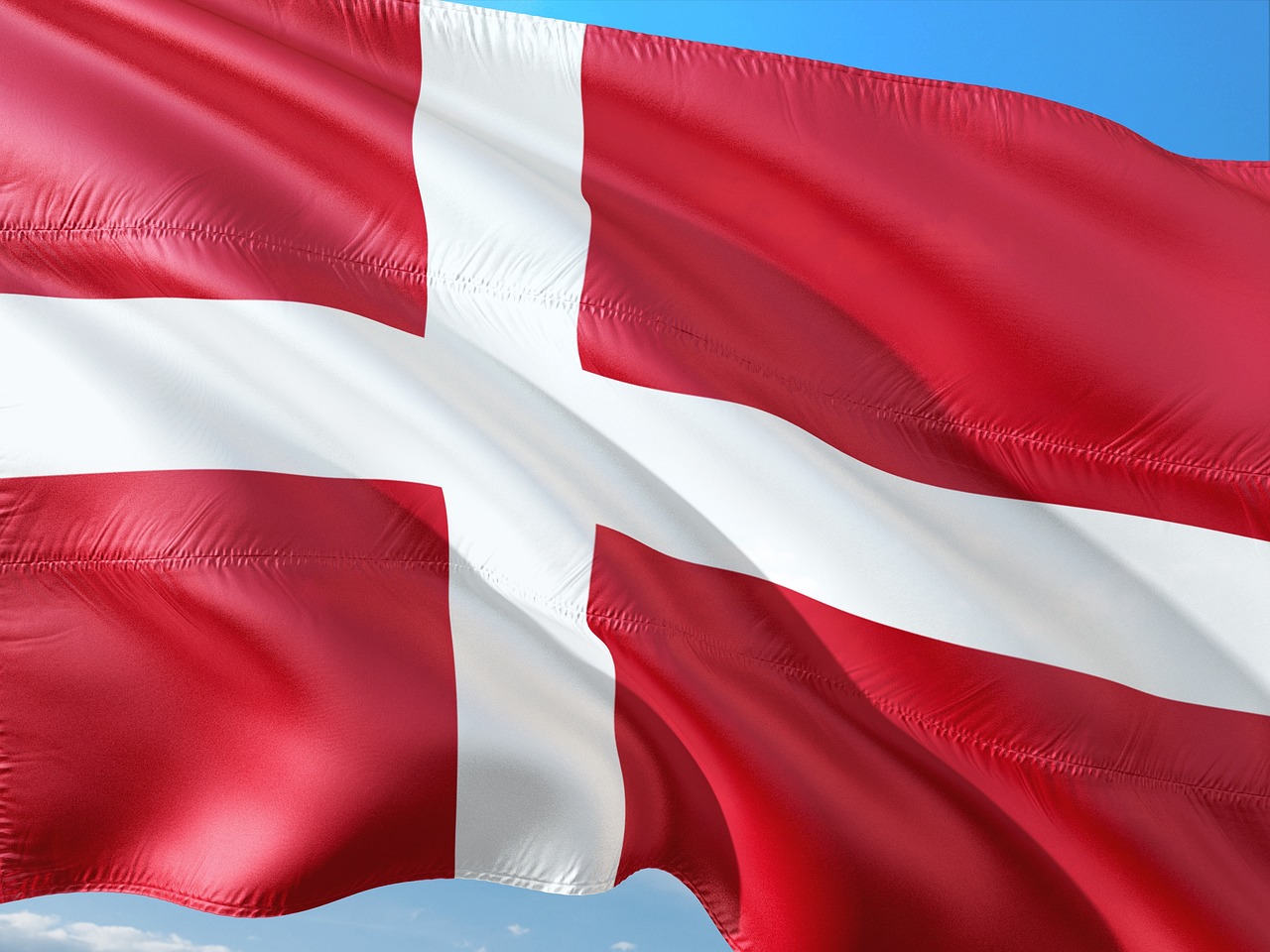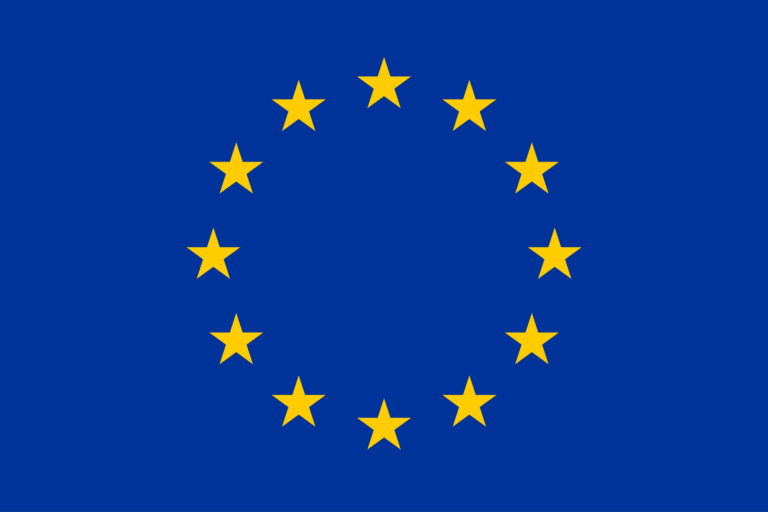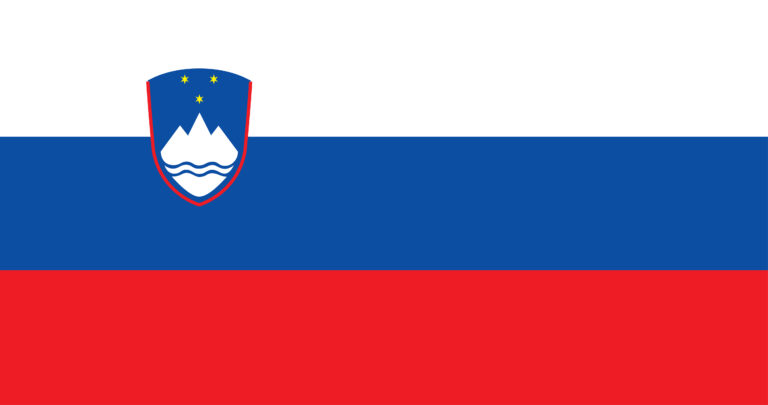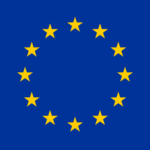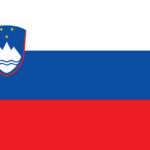Short introduction
Physiotherapy is a dynamic and essential field within healthcare, focusing on improving physical function and promoting recovery from injuries, illnesses, or disabilities. It plays a critical role in enhancing patient mobility and overall quality of life through targeted therapeutic techniques. The profession has become increasingly vital as populations age and the demand for rehabilitation services rises globally – physiotherapy degree Denmark.
Denmark stands out as a premier destination for physiotherapy education due to its high academic standards, innovative teaching methods, and well-regarded healthcare system. The country’s physiotherapy programs emphasize a balance of theoretical knowledge and practical application, ensuring graduates are well-prepared for the challenges of modern healthcare. Denmark’s strong focus on evidence-based practice and its commitment to integrating the latest research into clinical training make it particularly appealing to aspiring physiotherapists.
Overview of Physiotherapy Education in Denmark
The Bachelor of Physiotherapy in Denmark is a comprehensive program designed to prepare students for clinical practice and further specialization. This undergraduate degree spans 3.5 years and is structured to provide 180 ECTS credits, adhering to European higher education standards. The program equips students with the foundational knowledge and practical skills necessary to excel in various healthcare settings.
Denmark’s approach to physiotherapy education prioritizes evidence-based practice, ensuring that students are trained to integrate research findings into patient care. This methodology not only enhances the quality of treatment but also aligns with global trends in healthcare, where data-driven decision-making is increasingly emphasized. The curriculum combines rigorous academic coursework in anatomy, physiology, biomechanics, and rehabilitation techniques with extensive clinical placements in healthcare facilities.
The emphasis on practical training is a hallmark of physiotherapy education in Denmark. Students engage in supervised internships, allowing them to apply theoretical concepts in real-world scenarios and develop critical clinical competencies.
Why Study Physiotherapy in Denmark?
Denmark is recognized internationally for its exceptional education system, which places a strong emphasis on innovation, student-centered learning, and practical application. This approach is particularly evident in its physiotherapy programs, where academic rigor is combined with hands-on clinical training to prepare students for the complexities of modern healthcare. Graduates from Danish institutions are highly regarded globally, thanks to the country’s adherence to international education standards and its focus on evidence-based practices.

One of the key advantages of studying physiotherapy in Denmark is the availability of English-taught programs, which cater to international students and ensure accessibility to a wider audience. These programs maintain the same high standards as their Danish-language counterparts, offering comprehensive curricula that cover both theoretical knowledge and practical skills.
Denmark provides a supportive professional environment for aspiring physiotherapists. The Danish Physiotherapy Association plays a pivotal role in fostering professional growth by offering resources, advocacy, and opportunities for continuing education. This organization ensures that both students and practitioners are well-supported throughout their careers, contributing to the high standard of physiotherapy practice within the country.
Admission Requirements for a Physiotherapy Degree in Denmark
Gaining admission to a physiotherapy program in Denmark requires meeting specific academic and language criteria. Applicants must hold a high school diploma or an equivalent qualification. A strong foundation in science subjects, particularly biology and chemistry, is often recommended, as these are integral to the study of human anatomy, physiology, and rehabilitation techniques. Some programs may stipulate minimum grade requirements in these subjects to ensure students are prepared for the demands of the curriculum.
Language proficiency is another critical requirement, as many physiotherapy programs in Denmark are taught in English. International applicants must demonstrate their English language skills through recognized tests such as IELTS or TOEFL. Alternatively, for programs taught in Danish, proficiency in the Danish language is essential, and students may need to pass a language test before enrolling. In addition to academic and language qualifications, some institutions may require candidates to pass entrance exams or participate in interviews.
International students applying for physiotherapy programs in Denmark should familiarize themselves with specific application procedures, which typically involve submitting academic transcripts, proof of language proficiency, and a personal statement. It is also important to check deadlines and ensure that all required documents are submitted through Denmark’s centralized admissions system, where applicable.
Curriculum and Learning Structure
Students begin by studying core subjects such as anatomy, physiology, biomechanics, and rehabilitation techniques. These courses provide a foundation for understanding human movement, the causes of physical dysfunction, and evidence-based therapeutic interventions. The theoretical components are complemented by modules in communication, ethics, and research methods, which enhance students’ ability to deliver patient-centered care.
A distinguishing feature of physiotherapy education in Denmark is the emphasis on hands-on learning. Throughout the program, students participate in supervised internships at hospitals, private clinics, and rehabilitation centers. These placements enable students to apply classroom concepts in real-world settings, develop clinical reasoning, and build essential interpersonal skills. Physiotherapy internships in Denmark are highly structured and tailored to expose students to a diverse range of patient populations and treatment modalities.
Clinical placements are integral to the program and are strategically incorporated at various stages of the degree. They allow students to work closely with experienced professionals, gaining insight into the healthcare system and understanding the complexities of patient care.

Specialization and Career Opportunities
Physiotherapy graduates in Denmark have access to a range of career opportunities and pathways for specialization. The healthcare sector in Denmark and across Europe increasingly values skilled physiotherapists, particularly as the population ages and the demand for rehabilitation services rises.
After completing a Bachelor of Physiotherapy, graduates can choose to enter the workforce or pursue advanced studies. Specialization is a common route for those looking to refine their expertise in specific areas such as sports physiotherapy, geriatrics, neurorehabilitation, or pediatric care. These fields address distinct patient needs, from managing athletic injuries to improving mobility in elderly populations or supporting recovery from neurological conditions.
Further academic qualifications, such as Master’s programs or professional certifications, provide a structured way to achieve specialization. These programs are designed to deepen clinical knowledge and enhance practical skills, equipping physiotherapists for leadership roles or advanced practice.
Career opportunities for physiotherapists in Denmark are diverse and well-supported by the country’s robust healthcare infrastructure. Graduates can work in hospitals, private clinics, rehabilitation centers, or wellness facilities. Additionally, many physiotherapists choose freelance work, offering services directly to clients or collaborating with multidisciplinary teams. This flexibility allows professionals to tailor their careers to their interests and goals.
Costs and Financial Considerations
Studying physiotherapy in Denmark involves various financial factors that prospective students should carefully evaluate. Beyond tuition, students must consider additional expenses. Accommodation is a significant cost, with monthly rents varying depending on location. Other living expenses, including food, transportation, and healthcare insurance, should also be factored into the budget. Additionally, costs for study materials, such as textbooks and equipment required for practical training, can contribute to overall expenses.
Scholarships and financial aid options are available to help offset these costs. Denmark offers several funding opportunities for international students, including government grants and university-specific scholarships. These are often merit-based or awarded to students from specific regions or underrepresented groups. Additionally, some physiotherapy programs provide part-time job opportunities within the university or affiliated healthcare facilities, allowing students to gain practical experience while supporting their studies.
Professional Support and Resources for Physiotherapists in Denmark
The Danish Physiotherapy Association (DPA) plays a key role in supporting both new graduates and established physiotherapists throughout their careers. As the primary professional body for physiotherapists in Denmark, the DPA offers a wide range of resources, including access to up-to-date research, clinical guidelines, and best practice recommendations.
In addition to supporting the clinical practice of physiotherapists, the DPA provides a platform for continuing education and professional development. The association organizes workshops, seminars, and conferences that cover a variety of specialized topics, such as musculoskeletal therapy, sports rehabilitation, and neurological physiotherapy.
Networking is another significant advantage offered by the DPA. Through its various events and professional gatherings, the association facilitates connections between physiotherapists, healthcare providers, and academic institutions.
The Danish healthcare system also provides a supportive environment for professional growth. Physiotherapists in Denmark are encouraged to pursue advanced education and specialization in areas such as pediatrics, sports physiotherapy, or geriatrics. Many universities offer Master’s programs and post-graduate courses, allowing physiotherapists to further refine their expertise.
How to Apply for a Physiotherapy Degree in Denmark
Applying for a physiotherapy degree in Denmark requires careful preparation and understanding of the application process. The steps involved typically include submitting an online application, providing necessary documentation, and meeting specific deadlines. Below is a step-by-step guide to help you navigate the application process.
1. Research and Choose a Program
Some of the universities for physiotherapy in Denmark may have specific admission criteria and different deadlines. So it is essential to review the program details on the university’s website.
2. Gather Required Documents
Applicants must prepare and submit several documents as part of the application. These typically include:
- Academic Transcripts: Official records from your previous education, showing courses taken and grades achieved.
- Proof of Language Proficiency: For English-taught programs, you will need to provide test scores from recognized exams such as IELTS or TOEFL to demonstrate your proficiency in English. If applying for Danish-language programs, proficiency in Danish is required.
- Personal Statement: A written statement explaining your interest in physiotherapy, your career goals, and why you wish to study in Denmark.
- Other Supporting Documents: Some universities may request letters of recommendation, a CV, or proof of work experience in healthcare settings.
3. Submit the Application
Applications are generally submitted through Denmark’s centralized admissions portal, which processes applications for most public universities. This platform allows you to apply to multiple programs at once, simplifying the process.
4. Meet Application Deadlines
It is crucial to be aware of the application deadlines, as they can vary depending on whether you are an EU/EEA or non-EU student. For EU students, the deadlines are usually in the spring (April-May), while non-EU students may need to apply earlier.
5. Application Review and Interview (if applicable)
Once submitted, universities will review your application and, in some cases, invite you to an interview or entrance exam.
Best Universities for Physiotherapy in Denmark
Below are some of the top institutions for studying physiotherapy in Denmark.
University of Southern Denmark (SDU)
The University of Southern Denmark is one of the leading institutions for physiotherapy education in Denmark. The Bachelor of Physiotherapy program at SDU is a comprehensive 3.5-year course that combines theoretical knowledge with extensive practical training. The program focuses on evidence-based physiotherapy practices and provides students with the skills necessary for clinical practice in a variety of settings.
Metropolitan University College (København)
Metropolitan University College offers a highly regarded Bachelor of Physiotherapy program designed to prepare students for careers in the healthcare sector. The program emphasizes patient-centered care and integrates modern research with clinical training. Metropolitan University College is known for its strong ties with local healthcare providers, which enhances students’ clinical exposure through internships in hospitals, clinics, and rehabilitation centers.
Fontys University (Denmark Campus)
Although primarily based in the Netherlands, Fontys University also offers physiotherapy degrees in Denmark. The university provides a 4-year Bachelor of Physiotherapy program that includes 240 ECTS credits. Fontys is known for its international focus and its integration of both theoretical knowledge and practical experience. Students at Fontys participate in clinical internships both in Denmark and abroad, providing them with a global perspective on physiotherapy practice.

